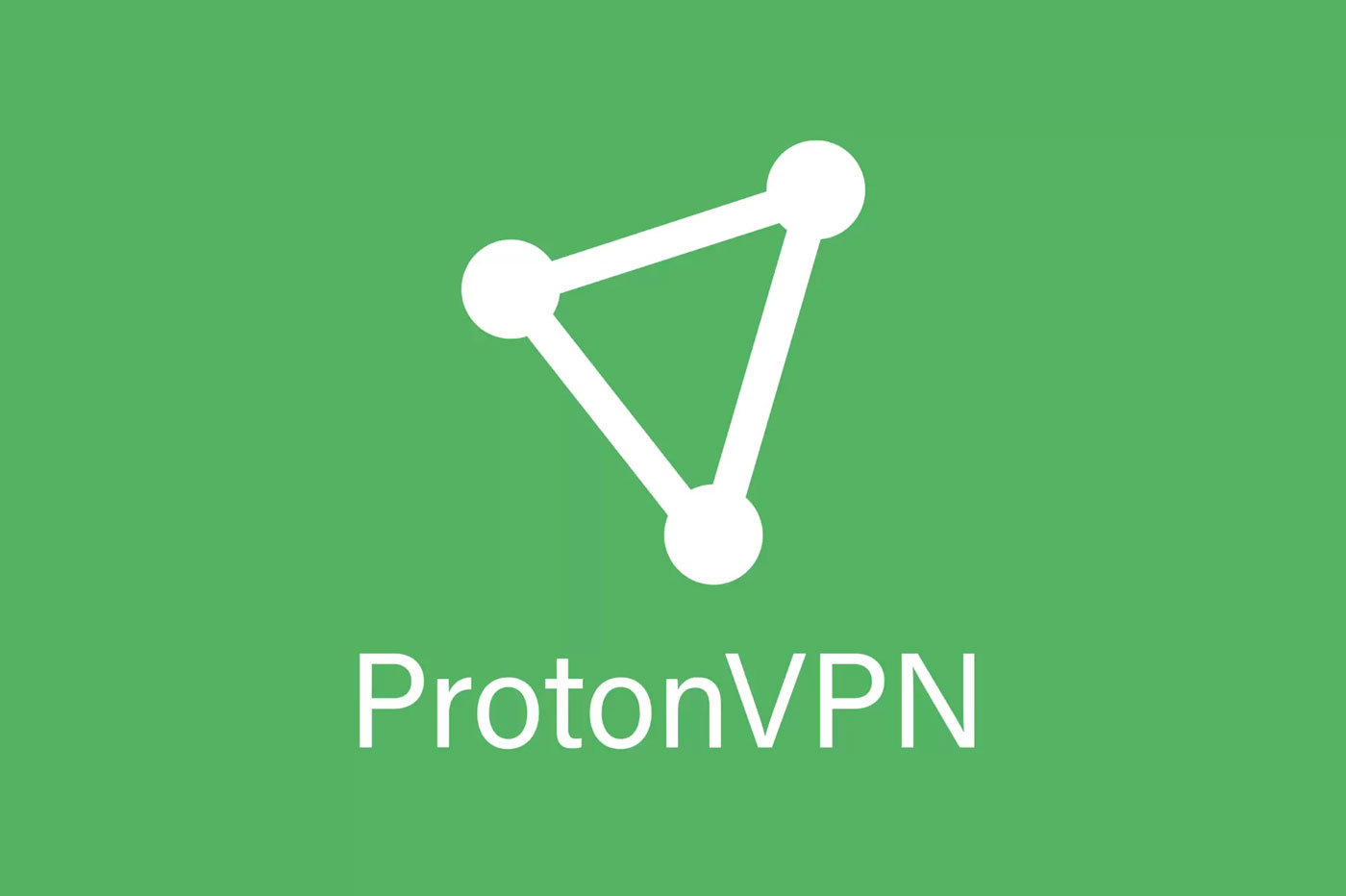Tech News
The best free VPN: It’s important to choose wisely
Here’s the thing: We’re not fans of free VPNs because you have to be even more careful with these than a regular, paid VPN. If it’s a free ad-supported VPN, for example, then your data is likely being used to earn money, which may defeat the whole point of a VPN. If privacy isn’t an issue, then you have to deal with restrictions such as speeds, a bandwidth cap, or a limit to the countries you can access.
The bottom line is that if you truly want to use a VPN on a regular basis then it pays to pay for the privilege. With some VPNs charging the equivalent of just $5 a month or less there are definitely affordable options out there. But we know that not everyone shares this point of view. Some people are just looking for something to use quickly and easily without paying for yet another service.
Here, then, are the top free VPNs we can recommend. If you’d like to see what you can get with a paid service, and which ones we recommend most highly, hop over to our comprehensive roundup of the best VPNs.
1. Windscribe – Best free VPN

Pros
- Good speeds
- Tons of free privacy features built-in
Cons
- Free service has monthly bandwidth limits
The last time we looked at this service speeds were middling and outside the top 20, but recent informal checks suggest big improvements so stay tuned for our next review.
What makes Windscribe’s free service really stand out is all the perks. You get a maximum 10GB of bandwidth per month and no device limits. To get that bandwidth you need a confirmed email address. If not, you’re stuck at 2GB per month.
The free service offers 10 regional connections including the U.S., Canada, UK, France, Germany, Hong Kong, Netherlands, Switzerland, Norway, and Romania. It also has a ton of privacy features such as blockers for site notifications and “we use cookies” banners, WebRTC leak protection, location spoofing, user agent rotation, and more.
Windscribe’s privacy policy says that it does track how much bandwidth you’re using each month to enforce bandwidth limits. It also logs the timestamp of your last connection on the Windscribe network.
Read our full
Windscribe Pro review
2. ProtonVPN – Best free VPN for speed

Pros
- Fantastic speeds
- Easy-to-use multi-hop feature
- Supports TOR over VPN connections
If you’re looking for speed and excellent privacy in a free VPN then ProtonVPN is an excellent choice. There are some big limitations with this service, but thankfully no limitations on speeds.
Instead, ProtonVPN limits you to one device connection at a time, and you only get three countries to choose from including the U.S., the Netherlands, and Japan. Still, that’s a good deal, making this a very useful free VPN.
ProtonVPN is the second-fastest VPN in our tests making this the one you want if speed is important to you.
Read our full
ProtonVPN review
3. Hide.me – Best for speed runner-up
Pros
- Good download speeds
- Easy-to-use Windows app
- No-logs promise
Cons
- Speeds were inconsistent in our tests
- Expensive paid-tier subscription
It’s close to two years since we last reviewed this VPN, but even so, its speeds are within the top 20. That makes it plenty speedy for the typical use cases for a free VPN. When you use Hide.me free you are limited to 10GB per month and one device at a time, as well as five region choices including Canada, Germany, the Netherlands, U.S. East and U.S. West.
Read our full
Hide.me review
4. TunnelBear – Best free VPN for get-in, get-out chores
Pros
- Easy-to-use interface
- Good speeds
- Good Wi-Fi security detection
We’ve always really liked TunnelBear. It’s simple to use, affordable, and the speeds are fine. In our speed tests, TunnelBear was outside the top 20, but its speeds were still good last we looked, with an average global speed of 30.6 megabytes per second.
That’s more than enough for what this free VPN would be suited for, since you get a maximum of 500MB per month. The idea is to provide a trial for testing out the service before making a bigger commitment.
Nevertheless, it’s enough for quick hits when you’re on the road for checking email, or some basic web browsing. Plus, TunnelBear keeps track of your bandwidth usage so you can see when you’re getting too close to the limit.
Read our full
TunnelBear review
What to look for in a free VPN
Choosing a free VPN is a question of weighing the trade-offs with each service. Do you want unlimited bandwidth, but a restriction on devices? Or is it preferable to have more devices but deal with a bandwidth limit?
One thing you definitely want to avoid is a VPN that is ad supported. Ads expose you to tracking by the company delivering ads, which is probably something you don’t want. You also want to stay away from any deal that suggests you can get a VPN by “sharing” your bandwidth like we saw with the Hola VPN scandal back in 2015. You also want to watch out for any VPNs you’ve never heard of, or that haven’t been reviewed much by third parties.
After that, you want to consider the usual issues such as the privacy policy, Netflix support, operating system support, and the countries that you’re looking for.
How we test VPNs
All VPNs are tested on a Windows machine with an Ethernet connection. Our approach is not to show you actual speeds, since those can vary based on any number of factors like your ISP, time of day, device quality, and so on. Instead, we show the average bandwidth loss as a percentage since there’s always going to be bandwidth loss with VPNs.
Each VPN is tested over three days. On each testing day, we first take the base speed with no VPN active. Then we test the speeds in five different countries three times each. Once all the testing is done we create a global average and compare that to the average base speed, and then express the drop in bandwidth as a percentage for the reasons we mentioned above.
Free VPNs aren’t a top recommendation, but if you’re going to go that way we’d strongly suggest the five VPNs mentioned here.
If you’re interested in using a VPN for a specific purpose, check out some of our other best VPN roundups to learn more:
Source link
